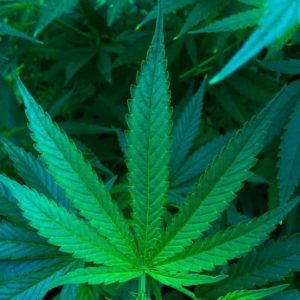What the DEA’s Ruling on CBD Really Means
 the DEA’s Ruling: CBD Extracts Schedule I
the DEA’s Ruling: CBD Extracts Schedule I
The DEA recently announced that all cannabinoid extracts, including pure CBD extracts, should require their own Controlled Substance Code Numbers that are separate from cannabis plants. Cannabinoid extracts should be Schedule I substances, according to the DEA. The cannabis community has had a lot to say about the DEA’s ruling, for obvious reasons. Why should CBD, a non-psychoactive substance, be a Schedule I drug? The outrage is palpable.
CBD Was Already Schedule I: No Rescheduling
It seems, however, that the DEA’s statement has been largely misinterpreted. The Cannabist reached out to DEA spokesman Russ Baer to clear things up. “The gist of the issue is that DEA established a new drug code for marihuana extracts as a means to more accurately reflect the activities of scientific research and provide more consistent adherence to the requirements of the Single Convention. We have not changed any control status with this Federal Register Notice. Everything remains schedule I, so no other provisions of the law (registration, security requirements, research protocols, etc.) change. Companies will simple [sic] use a new code for extracts,” Baer told The Cannabist.
In other words, the DEA already considered cannabinoid extracts and CBD as Schedule I substances. No rescheduling has taken place. Now, the DEA recognizes cannabinoid extracts separately. This could actually benefit cannabis legalization in the long run, as CBD is now recognized separately. The new rule “recognizes that there is a potential medical benefit to some of the cannabinoids,” Baer said.
There’s more to it, of course. The rule change will also affect hemp-sourced CBD products. It may also cause problems for researchers hoping to study the medical effects of CBD, adversely affect commerce, as well as future laws.
